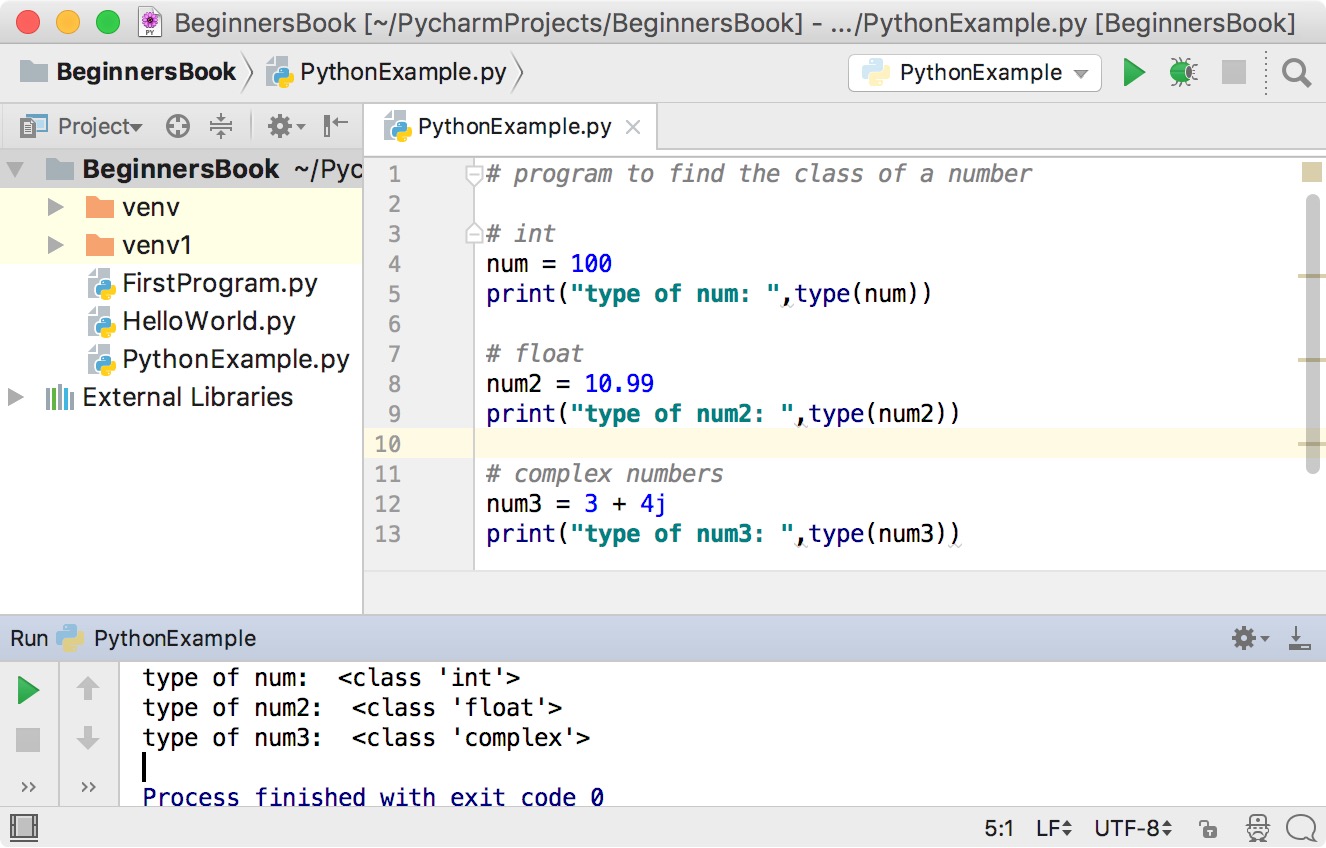Hey! I would like to know if there’s a non-“workaround” solution to a type checking issue I’m facing:
Imagine the following example function: kt /** Calls [fn] with `num + 1`. */ fun <T> withPlus1(num: Int, fn: (num: Int) -> T): T = fn(num + 1) What I would like to do is to provide a default fn argument to withPlus1.
Something like: kt /** Calls [fn] with `num + 1`. [fn] defaults to stringifying its input. */ fun <T> withPlus1( num: Int, fn: (num: Int) -> T = { num: Int -> num.toString() } ): T = fn(num + 1) The above doesn’t compile because num.toString() is of type String rather than T.
Casting num.toString() to T makes it so that I can’t call withPlus1(5) because there isn’t enough type information to infer that T is String (i.e. I would have to call withPlus1<String>(5)), which is a no-go.
The obvious “workaround” solution here is to create a second function that calls the first function with the my default fn, i.e.:
kt fun withPlus1(num: Int): String = withPlus1(num) { num: Int -> num.toString() } However, is there any way to make this work without relying on a second function? I.e., by providing a default argument to the first version of the function? I played around with the @BuilderInference experimental directive but couldn’t get it to work. Am I missing something?
submitted by /u/YarnSphere
[link] [comments]



